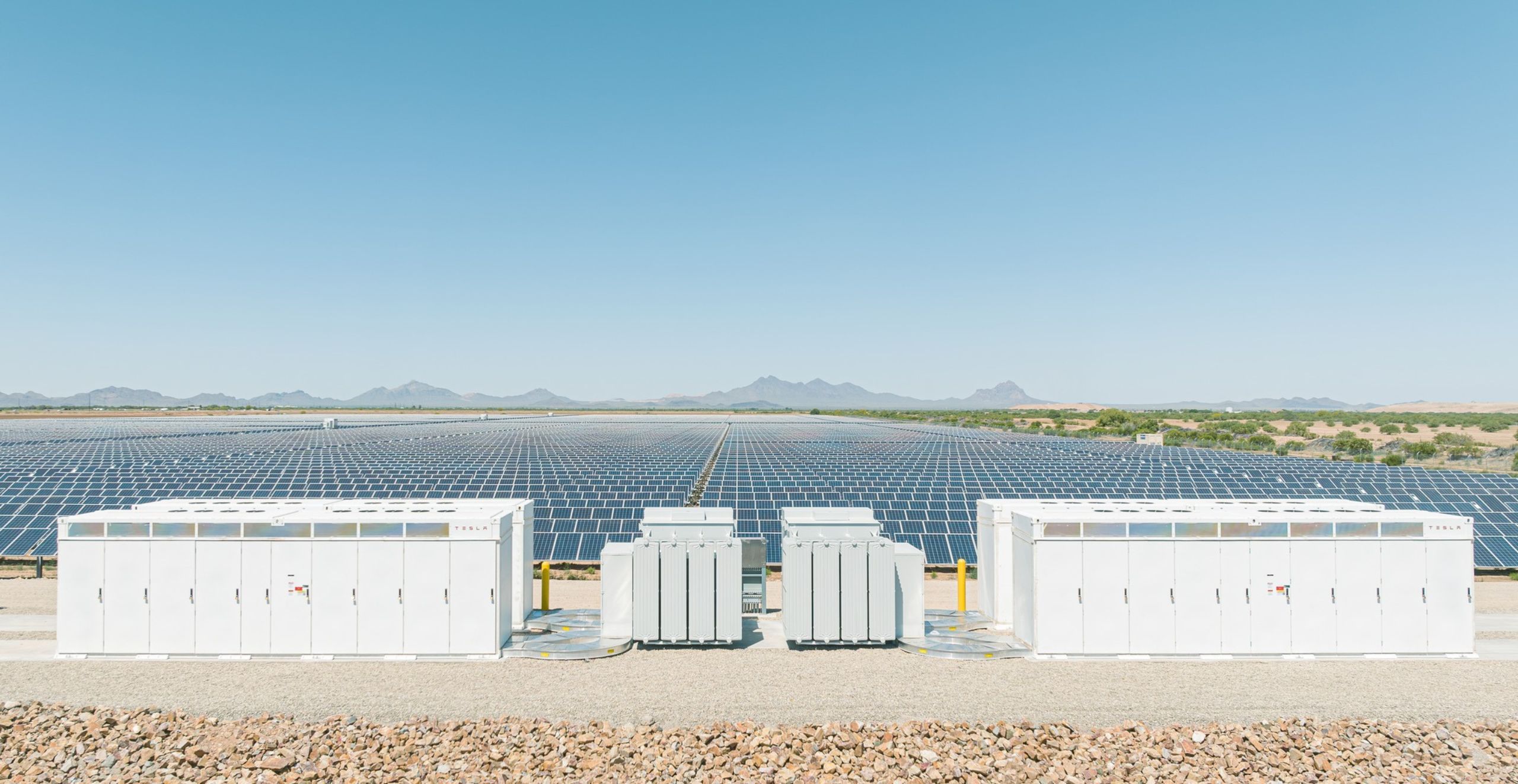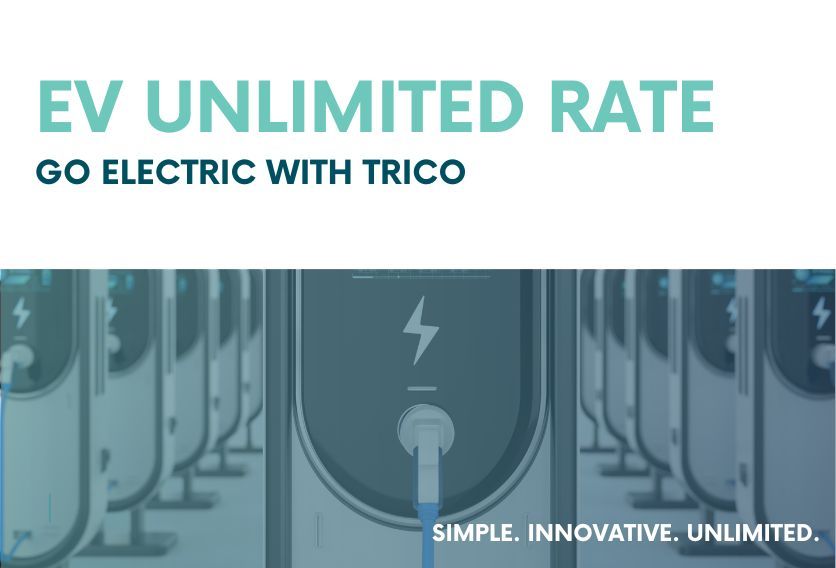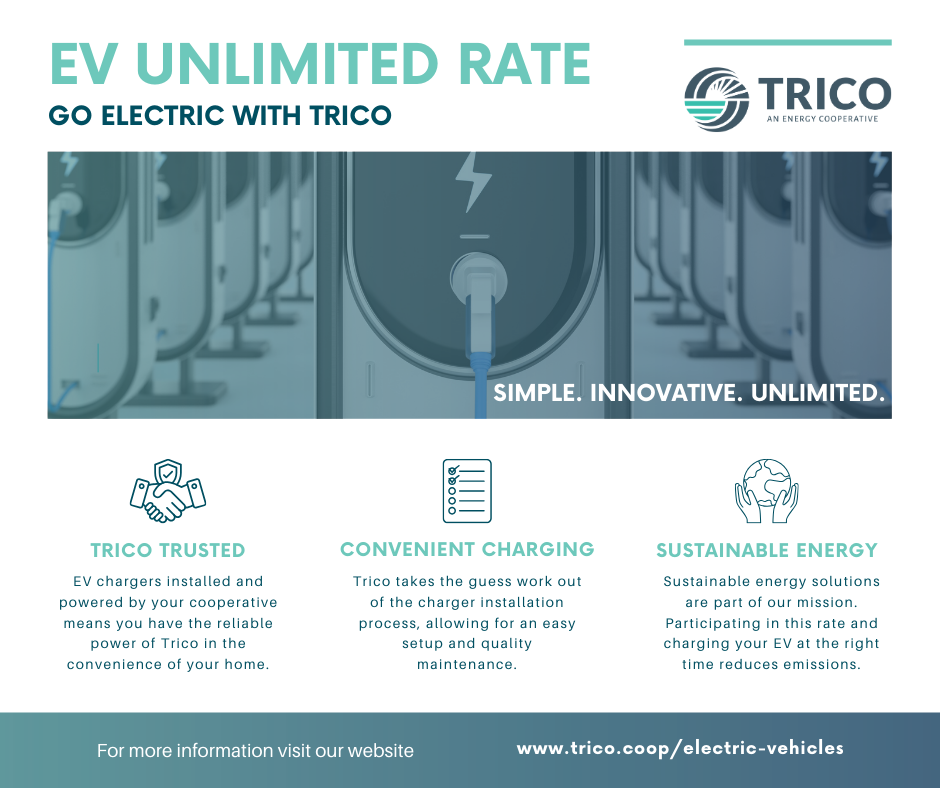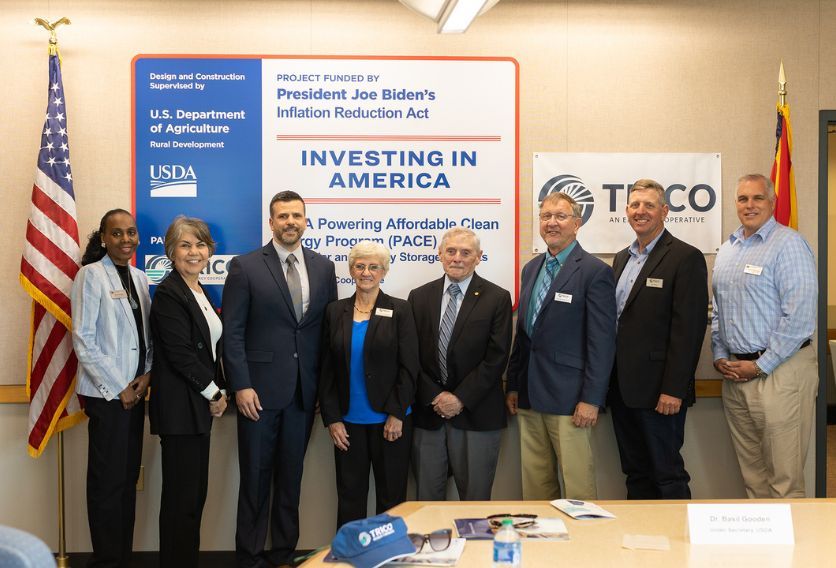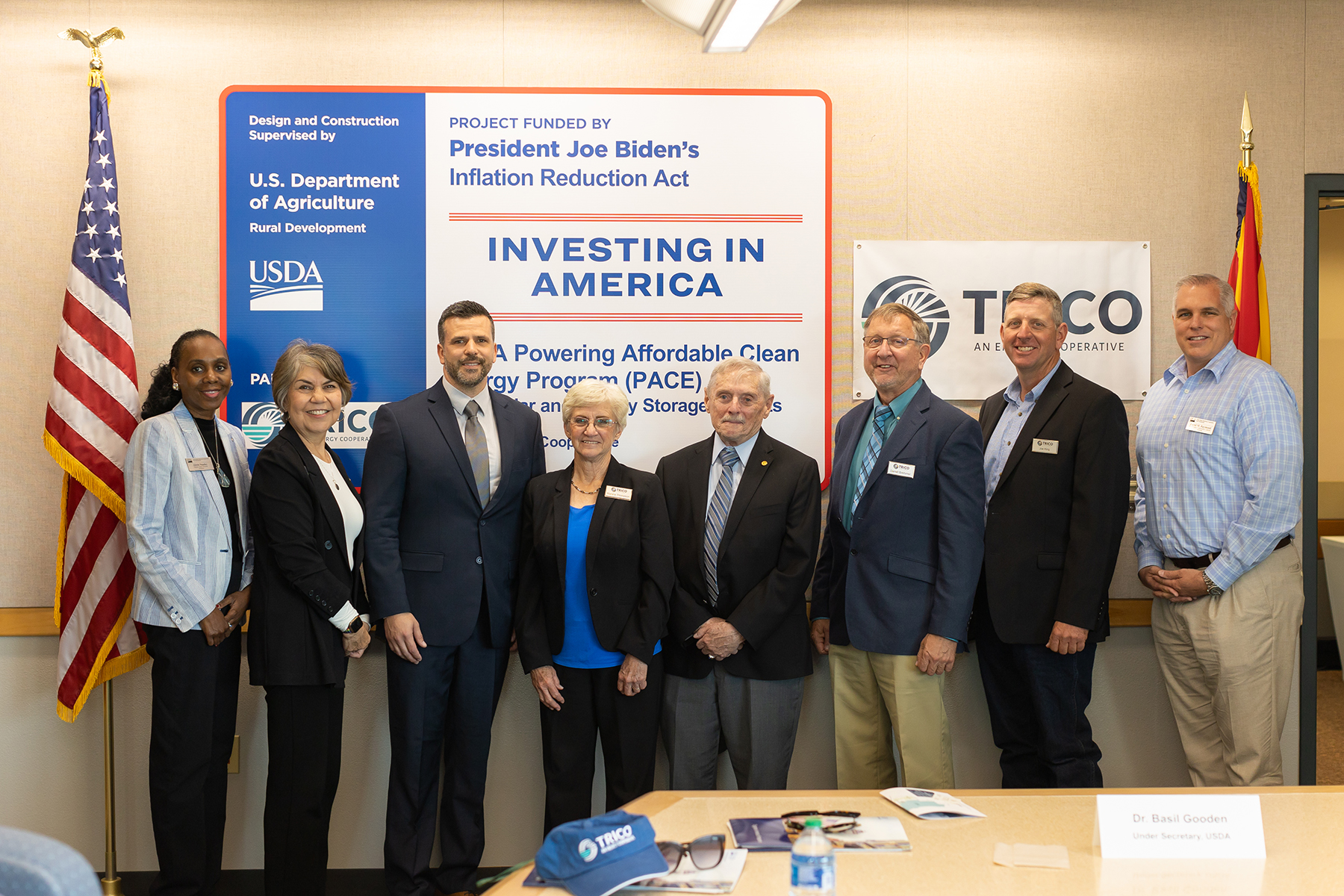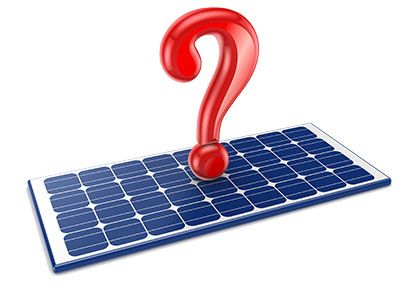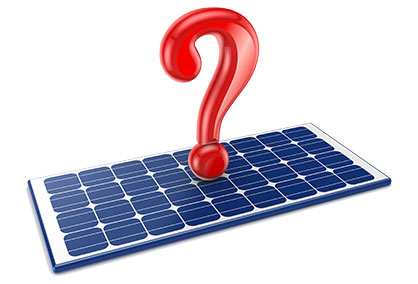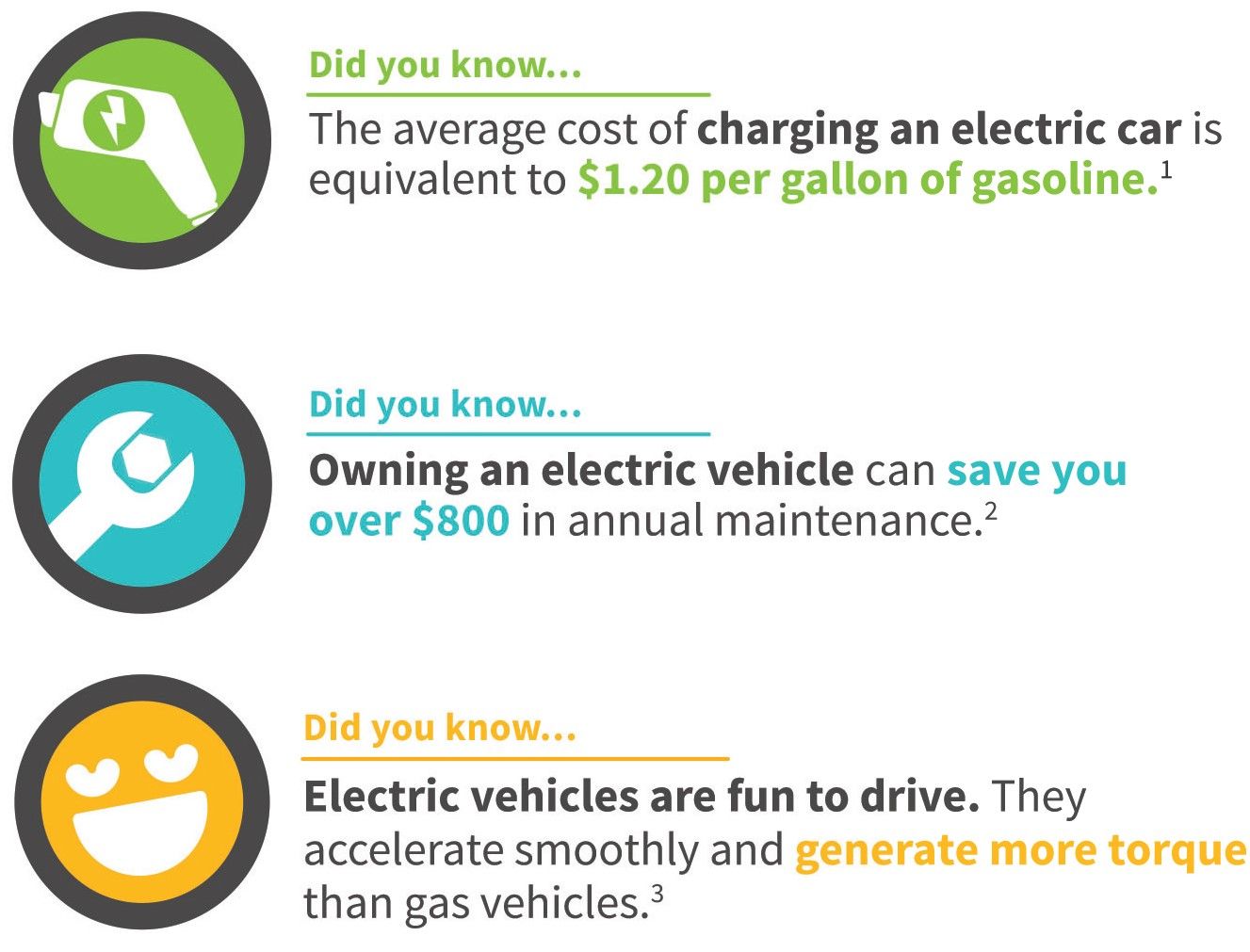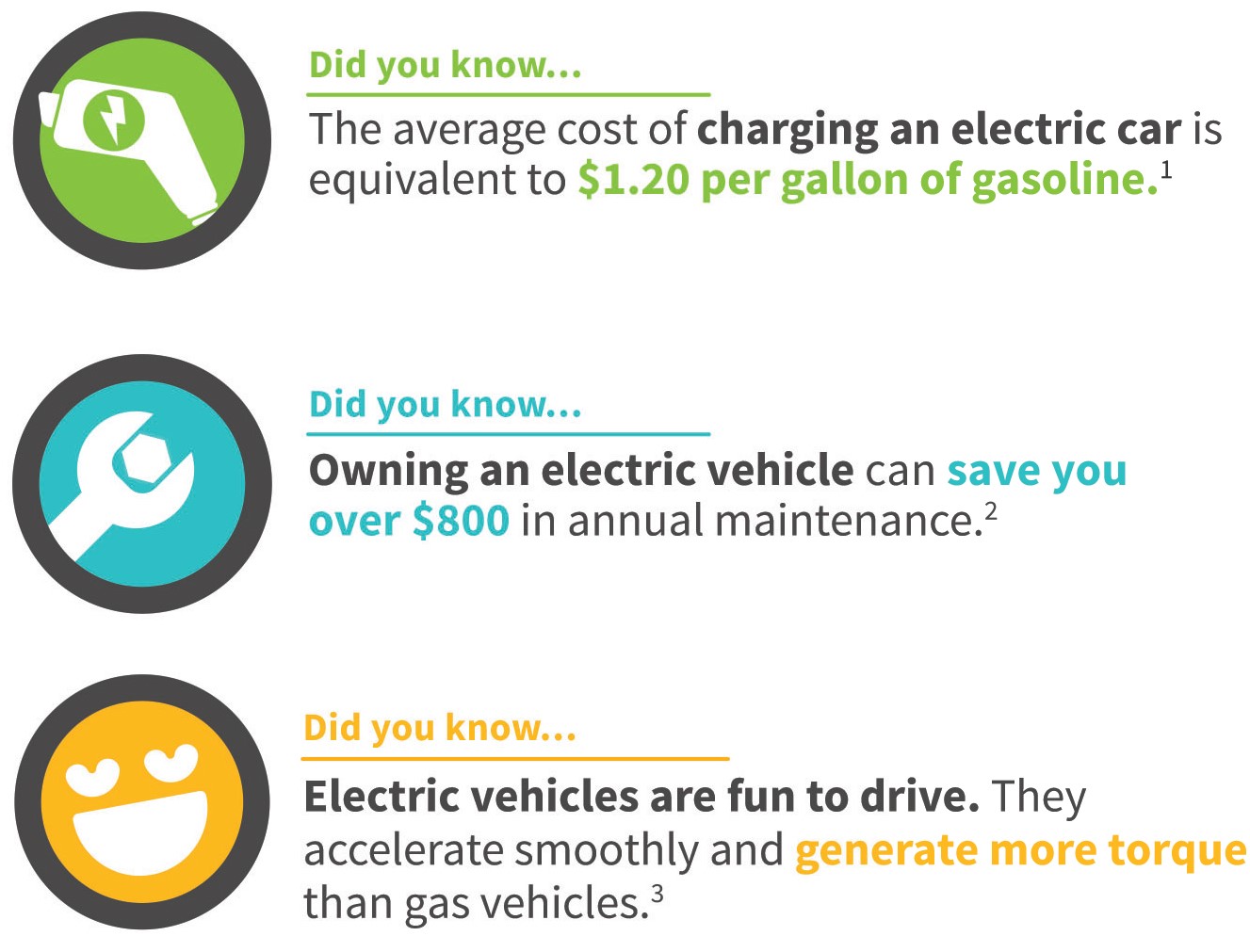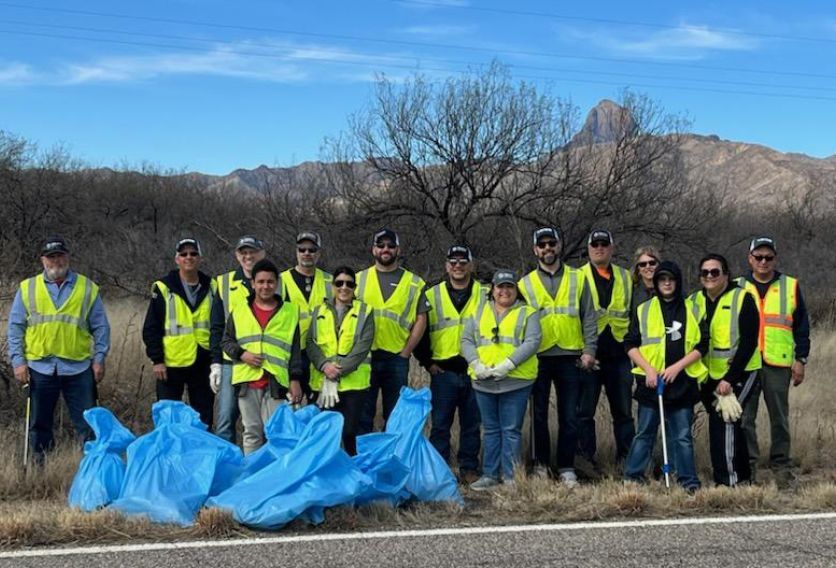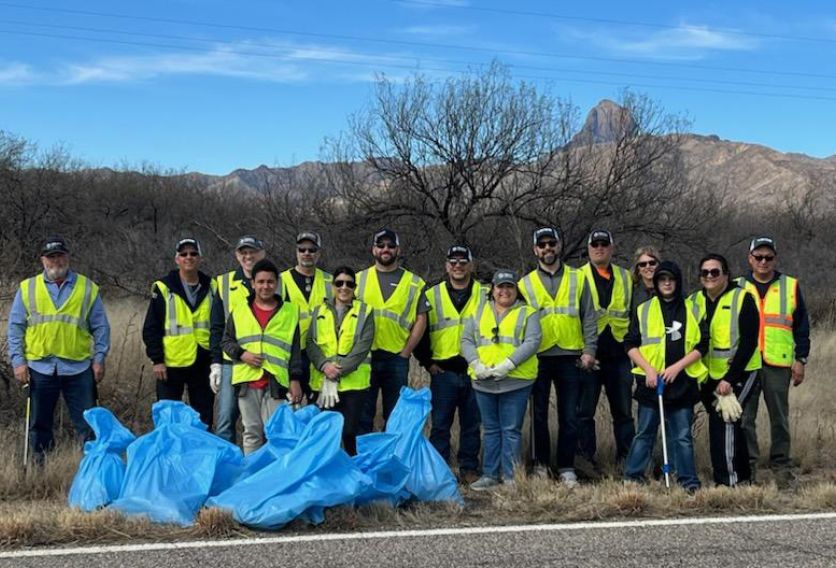Renewable Energy Boost Rate
Renewable Energy Boost Rate gives Members an affordable way to contribute to Trico’s energy goals
May 1, 2024
Sustainability is part of Trico’s mission. The Renewable Energy Boost Rate is designed to provide Trico Members with an inexpensive and flexible renewable energy option. Members on this rate benefit from a simple and transparent way to go green, without having to invest in home solar systems.N
Members on this rate pay an extra $0.01 per kWh to roundup from the amount of renewables on Trico’s system (35%) to cover 100% of your usage. Trico will purchase and retire Renewable Energy Credits (RECs) from the West to account for the difference.
What’s a REC and how does it work?
A REC is a renewable energy certificate. Because the physical electricity we receive through the utility grid says nothing of its origin or how it was generated, RECs play an important role in accounting, tracking, and assigning ownership to renewable electricity generation and use. Trico will purchase RECs from the West, ensuring it is a legitimate REC that will be retired to you. Retiring the REC means that you, and only you, will be able to use that particular REC and it will not be sold again to another Member. As your local cooperative, Trico takes integrity seriously and is proud to ensure there is transparency and accountability in how we purchase and retire these RECs.
How much more will I spend per month on my energy usage?
The average Trico Member will spend an additional $4-$8 per month on their energy bill, depending on their individual usage each month and the time of year. Trico’s goal is to ensure Members can participate in this rate by providing an affordable and sustainable energy solution.
How do I know if this rate is right for me?
This rate offers an inexpensive option for Members who are willing to pay a little more each month for renewable energy. This rate might be right for you if:
- You want to go green without having to purchase a home solar system.
- You’re willing to pay a little extra each month to reduce carbon emissions.
- You’re invested in supporting a sustainable future.
For more information, visit our website at www.trico.coop/sustainable-energy.
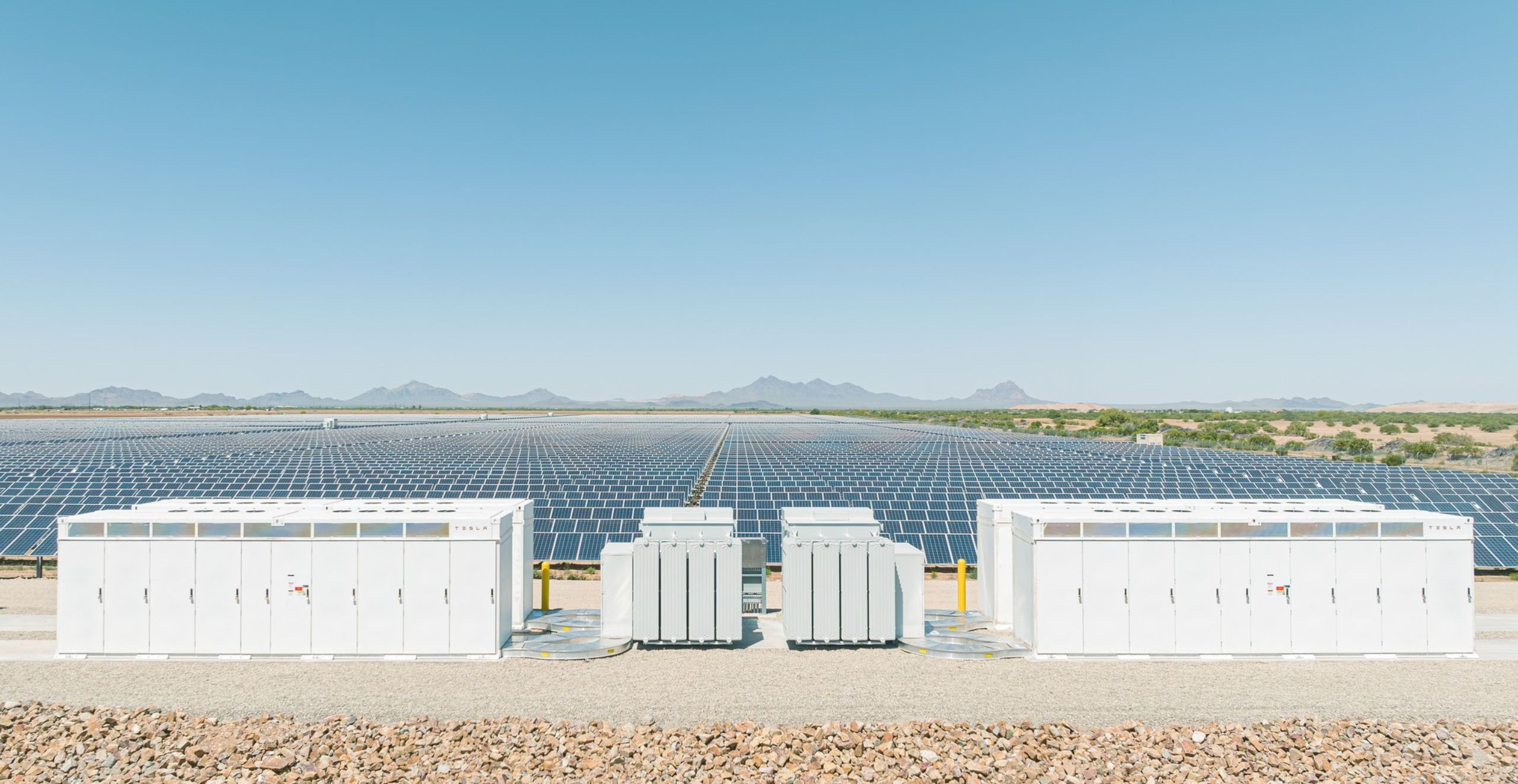

 SmartHub Log-in
SmartHub Log-in